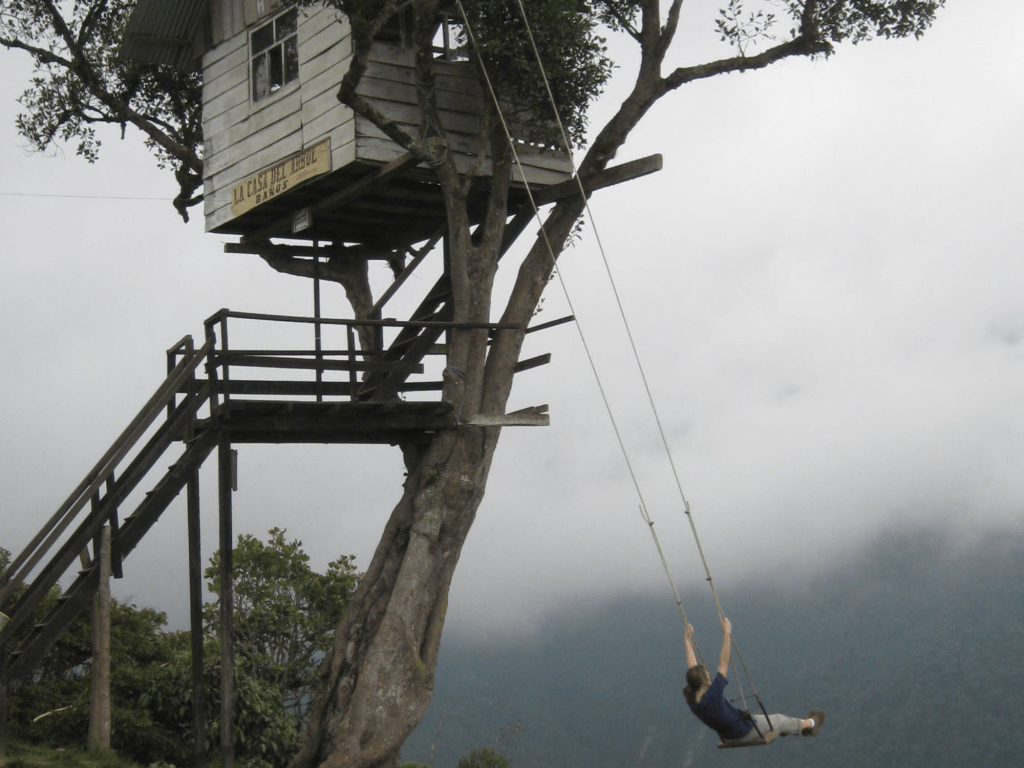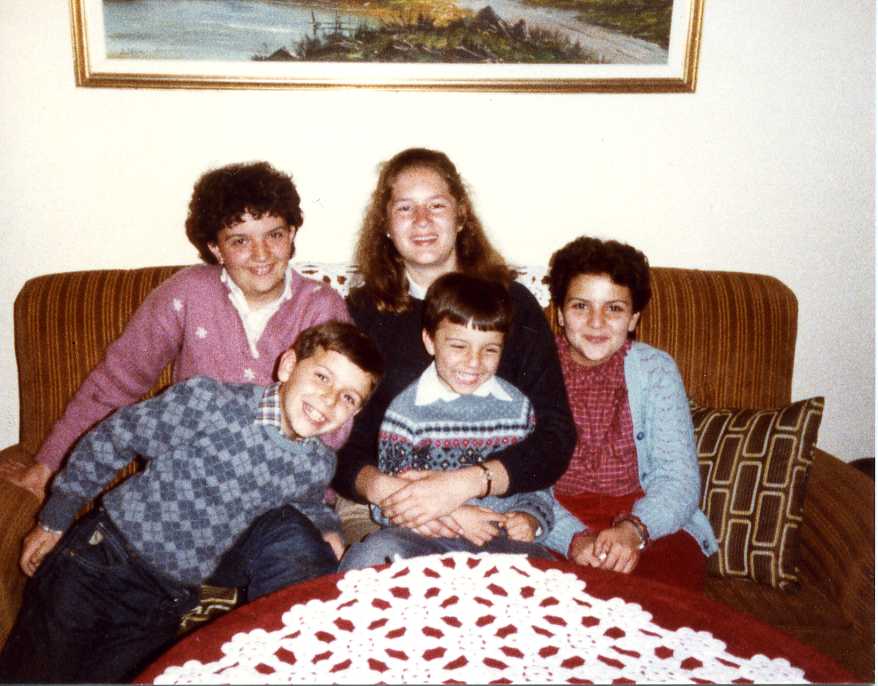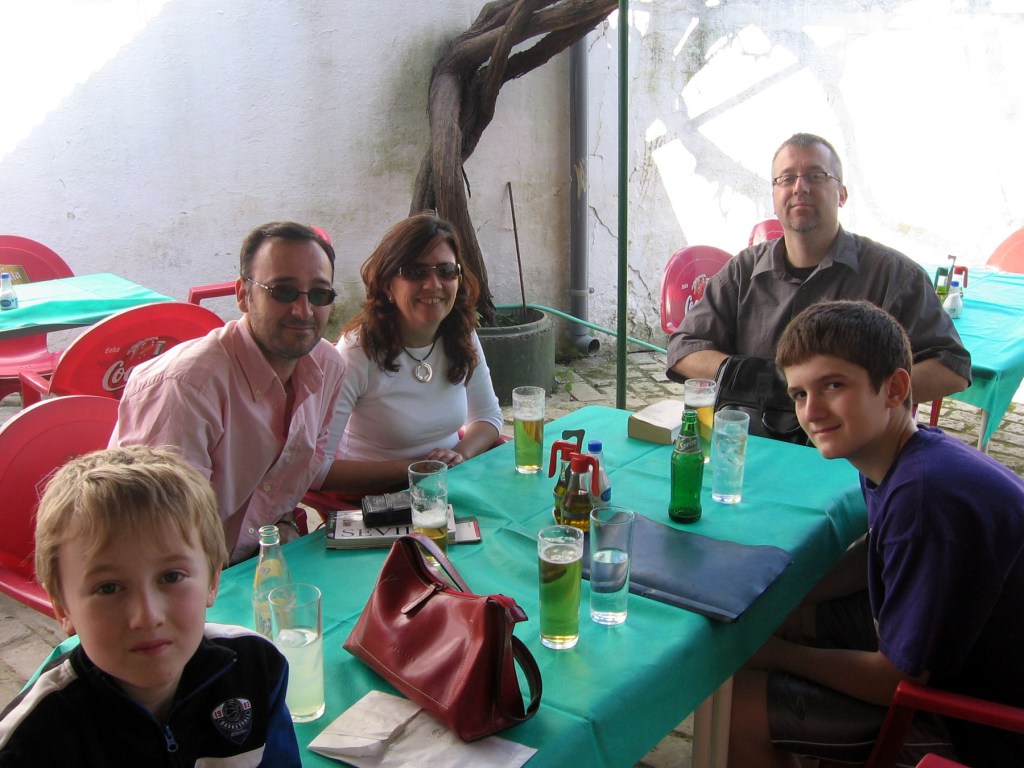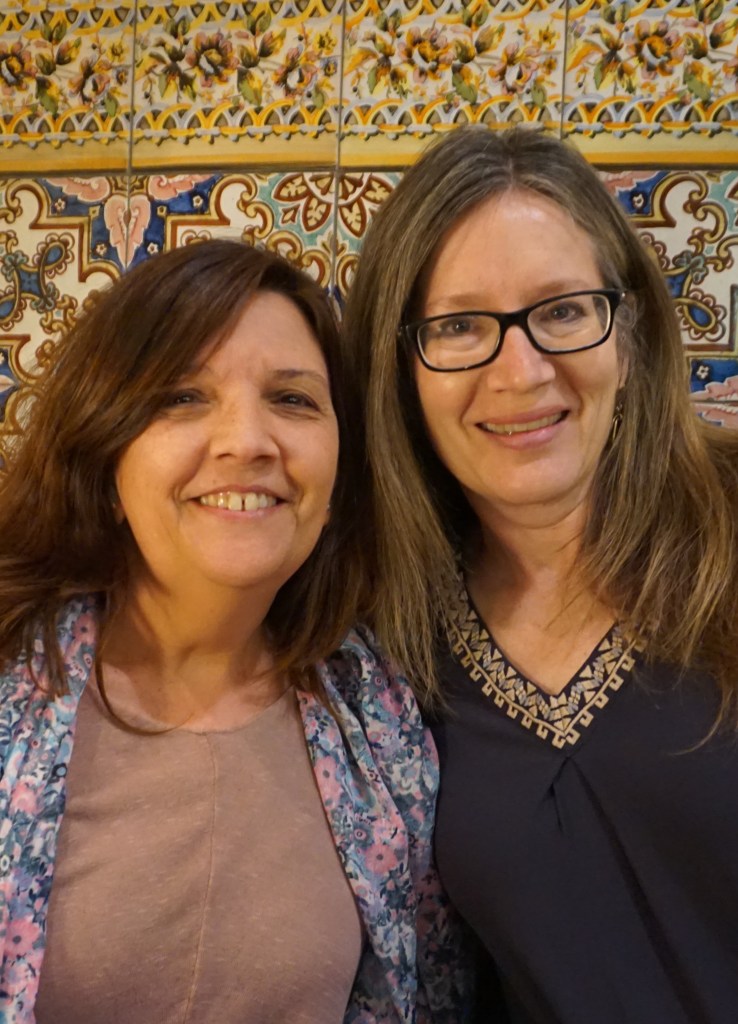Global competence is the capacity to examine local, global and intercultural issues; to understand and appreciate the perspectives and worldviews of others; to engage in open, appropriate and effective interactions with people from different cultures; and to act for collective well-being and sustainable development.
– PISA
If you care about strengthening students’ global competence and helping them build a better world, you have come to the right place. On this site, you’ll find lessons, resources, articles and stories that I hope will inspire your effort – and provide practical steps to help you foster global learning in your own classroom.
I have been passionate about intercultural exchange and global education ever since I stepped off an airplane in Madrid in the spring of 1983, my sophomore year in high school. Following in my older brother’s footsteps, I was excited for my month of Spanish immersion – seeing amazing sights, eating new foods, and most of all, living (and speaking Spanish) with a family in the small Andalusian town of Huelva.
But I didn’t anticipate how much the experience would change me – or that the friendship Cinta and I developed that spring would last a lifetime.
I don’t remember most of what we did during that month in 1983. I do know we visited castles and beaches, dressed up in flamenco dresses, ate tortilla española sandwiches and churros, and went to a lot of parties. I know I was introduced to mandarin oranges – long before you could buy them in the States – and European futbol.
But what has stayed with me all these years is that feeling of becoming part of Cinta’s family.
In 1983, they didn’t have a lot. Only eight years had passed since the Spanish dictator, General Franco, had died, and the Spanish standard of living was much lower than in the U.S. Cinta’s family of six lived in a 3-bedroom apartment with no telephone, no TV, no AC and no car. Cinta’s father worked as a repairman, and he was sometimes paid in food instead of cash. They carefully rationed things like showers and chocolate bars.
But Cinta’s parents embraced me like I was their third daughter, and I immediately felt at home with them. Her family taught me that a “global perspective” isn’t something you can learn from a textbook, it’s something you gain from genuine relationships. They helped me realize that many prized “American values” – like working hard, caring for your family and helping others – are in fact global values. And they helped cultivate my curiosity about the rest of the world, a curiosity that has taken me all over the globe in the past four decades – and that I hope I can spark in my students.
I believe that building global competence in our students is essential, and I hope that I can help more teachers do so.



